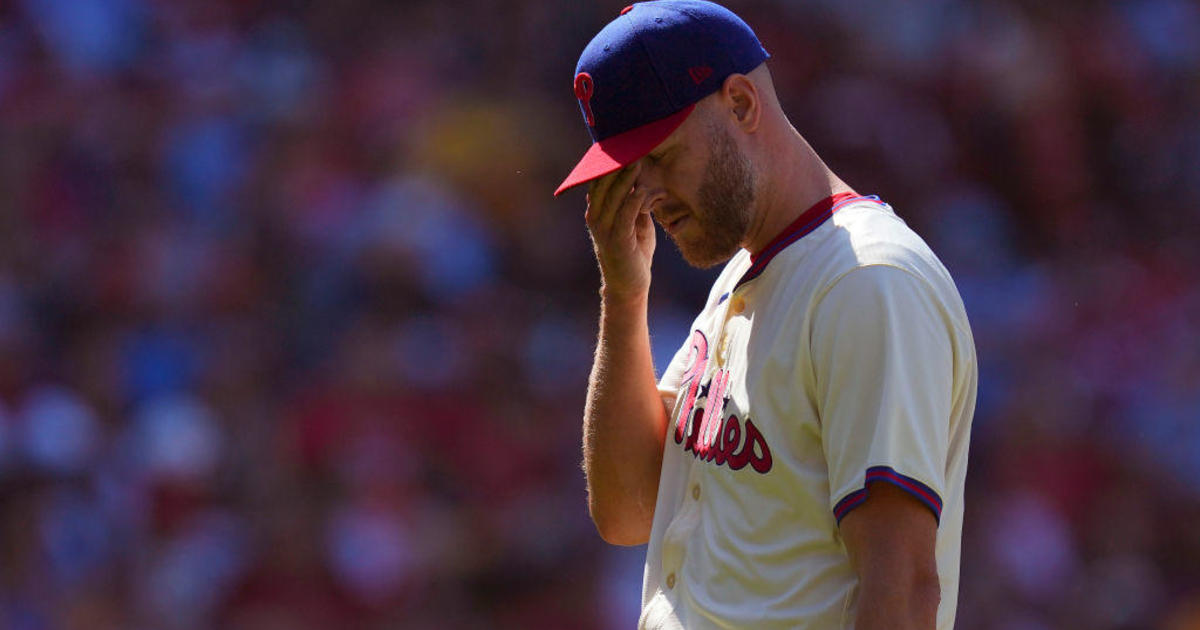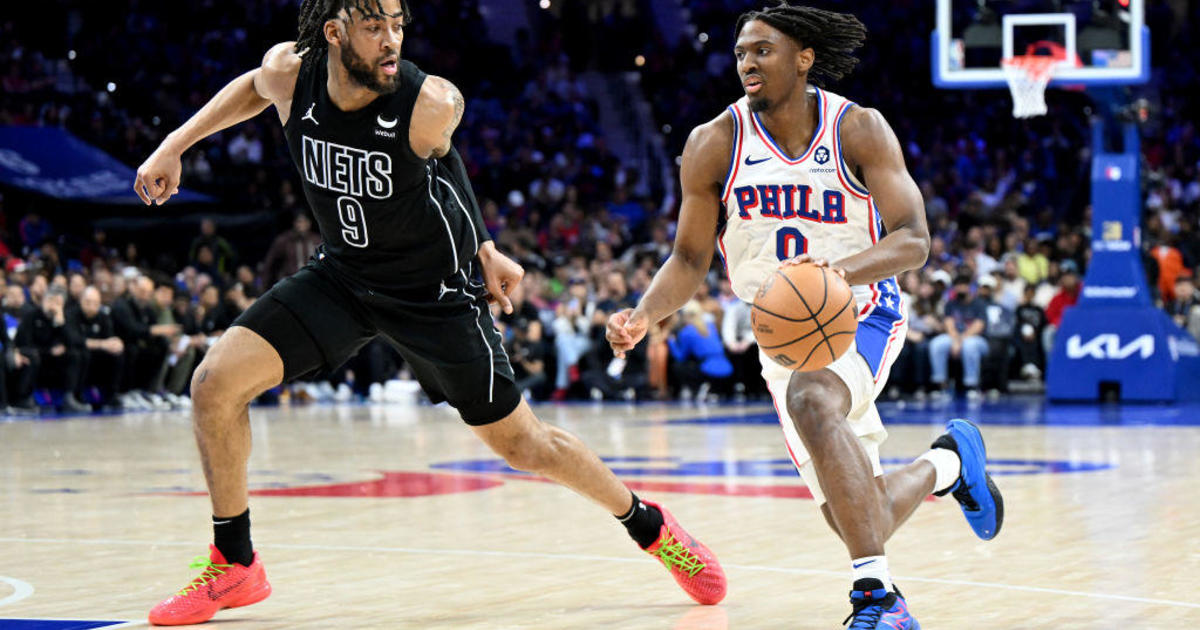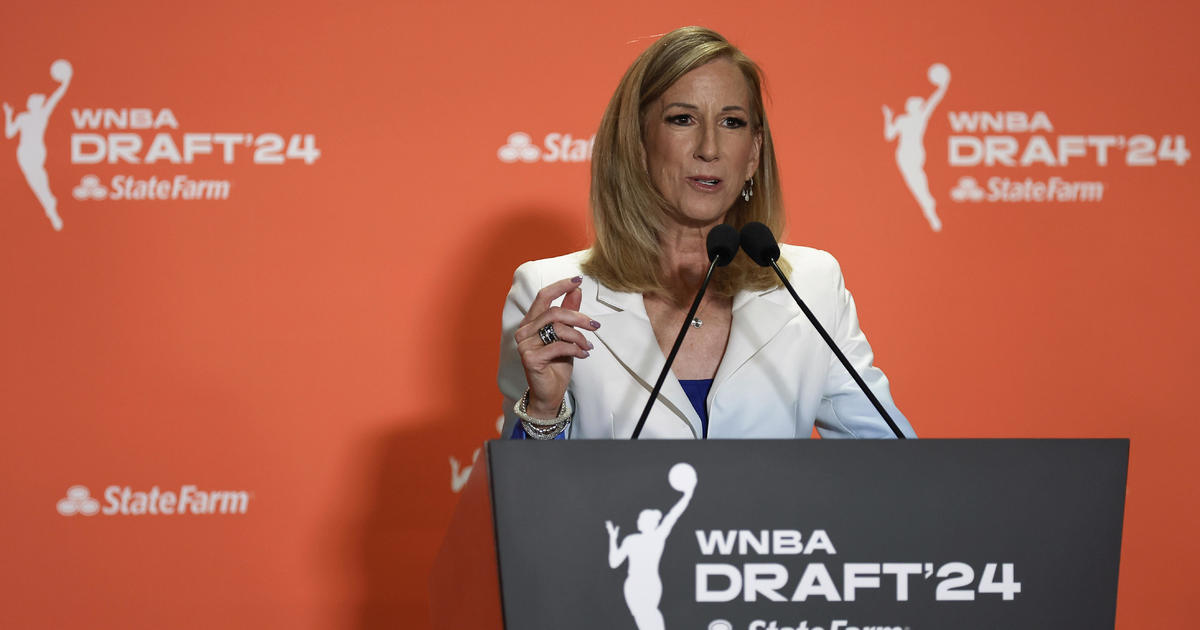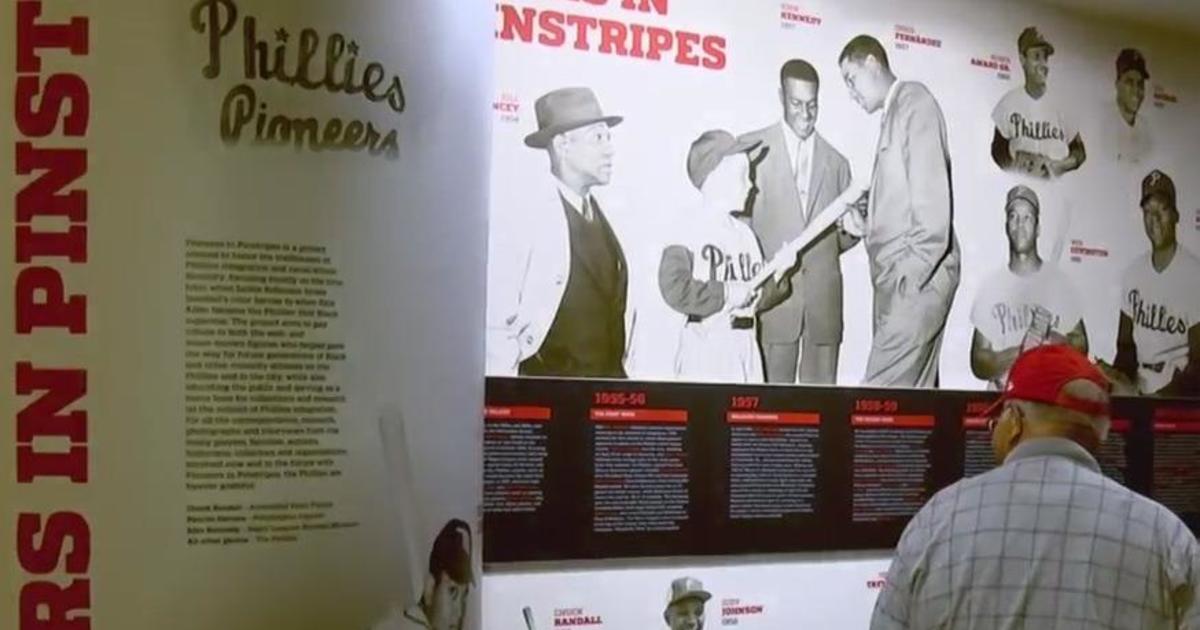We Believe: Europe Pulls Off Improbable Comeback
MEDINAH, Ill. (AP) — The scoreboard said 10-6 and just about everyone figured the Ryder Cup was over.
Everyone, that is, but the Europeans.
There was so much energy and excitement in Europe's team room Saturday night that Ian Poulter just knew they were on the verge of something special.
"The atmosphere was like we had a two-point lead," Poulter said. "We're four points down. You're not going to turn around and say you're going to win, but we knew we had a little chance."
A chance, and a belief in themselves, was all they needed.
Point by point, they painted the scoreboard blue on Sunday. That deficit was gone by the time the first six groups finished, and that's when the fun really began. One, two, three matches flipped in Europe's favor on the last two holes, and 13 years after glumly watching the U.S. celebrate its epic comeback at Brookline, the Europeans had one of their own.
They partied on the 18th green, exchanging hugs with anyone in arm's reach. They wrapped themselves in their own country's flags and climbed the bridge between the clubhouse and the first tee. As giddy fans serenaded them with choruses of "Ole! Ole! Ole!" the players passed around oversized bottles of champagne, taking swigs and spraying the crowd with bubbly.
It was a scene the late Seve Ballesteros would have loved, and European captain Jose Maria Olazabal didn't even bother trying to hide the tears as he looked skyward. His dear friend and "Spanish Armada" partner was never far from the Europeans' minds or hearts this week, and they carried him with them Sunday, wearing his silhouette on their sleeves.
"What you did out there today was outstanding," Olazabal said. "You believed, and you delivered. And I'm very proud that you have kept Europe's hand on this Ryder Cup. All men die, but not all men live. And you made me feel alive again this week."
The Americans could feel nothing but numb, knowing the Ryder Cup had been in their grasp and they'd let it slip away.
The U.S. has now lost five of the last six Ryder Cups, and two of the last three on home soil.
"It was a hell of a lot of fun being on the other end," said Jim Furyk, one of the three Americans who were part of the Brookline squad. "It wasn't very much fun today."
The groundwork for Europe's victory was actually laid Saturday.
After getting trounced in pretty much every match, in pretty much every session, Poulter made five straight birdies to turn a loss into a win in the last Saturday match and swing momentum in Europe's favor — even if it was only in their own minds.
"The whole atmosphere of the team changed last night," Luke Donald said. "That was just a huge boost to our team and our morale, how we felt about our chances. It gave us a huge lift."
Just as Ben Crenshaw did in Brookline, Olazabal front-loaded his lineup, sending out his best players first in hopes of building a wave of momentum that would lift the rest of the team.
And just as it did in Brookline, the strategy worked perfectly. Even Rory McIlroy's confusion over U.S. time zones turned out OK, with the world's No. 1 player getting a police escort and arriving at Medinah with 10 minutes to spare before his 11:25 a.m. tee time.
"It's my own fault," said McIlroy, who didn't realize the Ryder Cup tee times he was reading on his phone were in Eastern time. "If I let down these 11 other boys and vice captains and captains this week, I would never forgive myself."
McIlroy delivered his point as Europe won its first five matches, an onslaught that knocked the Americans — and their fans — flat.
"Coming down the stretch this afternoon, there was some amazing periods where you just didn't hear anything on the golf course," Justin Rose said. "That's really what we were striving for."
It was Rose's match that might have been the most damaging. On the verge of losing to Phil Mickelson, he holed a 12-foot par putt to halve the 16th and made a 35-foot birdie putt from the back of the 17th green to win the hole.
He then closed out the match with a 12-foot birdie on the last hole, and Mickelson could only applaud and congratulate Rose.
"When it looked like I might be able to stop some of the momentum on the board, they were able to get another point," Mickelson said. "I thought that match, as early as it was, was a very pivotal one."
Still, it wasn't until the very end that Europe's victory was assured. Martin Kaymer had to make a 6-foot par putt to win his match against Steve Stricker. If he missed, Tiger Woods was in the fairway behind him, ready to take the final point the Americans needed.
Kaymer poured it in to beat Stricker, and the celebration was on — at Medinah and back in Germany, which has been looking for a little redemption since Bernhard Langer missed a par putt from about the same length at Kiawah Island in 1991, allowing the Americans to win.
Woods missed a 3½-foot par putt on the 18th hole, and then conceded a par to Francesco Molinari of about that length to halve their match. That extra half-point made it a clear-cut win for Europe, 14½-13½.
"It was already over," Woods said when asked why he conceded. "We came here as a team. This is a team event and the cup had already been retained by Europe, so it was already over."
The only U.S. points came from Dustin Johnson, who went 3-0 in this Ryder Cup, Zach Johnson and unheralded Jason Dufner. Woods and Stricker, the anchors in the lineup, didn't win a single match at Medinah.
"A lot of guys played great," Love said. "They just got beat by a guy that played a little bit better."
And by a team playing with added inspiration.
This is the first Ryder Cup since Ballesteros died in May 2011 of complications from a brain tumor, and his legacy was a key part of Olazabal's preparation. He stitched a silhouette of Ballesteros on the European bags, and his players were dressed Sunday in the navy pants and white polo shirt that were Ballesteros' trademark.
When Olazabal hugged his players at the closing ceremony, he saved the longest embrace for Lee Westwood, the only European who played on the 1997 team with Ballesteros as the captain.
"Seve will always be present with this team," Olazabal said. "He was a big factor for this event for the European side, and last night when we were having that meeting, I think the boys understood."
Understood and believed, even if no one else did.



